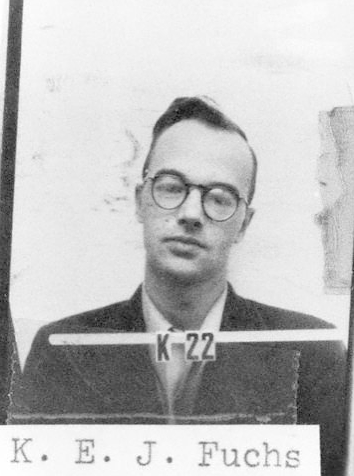How the USSR spies stole Western technology
More than half of the Soviet Union's electronic industrial breakthroughs by the early 1980s were based on stolen Western technology, a result of widespread and organized scientific and technological espionage.





